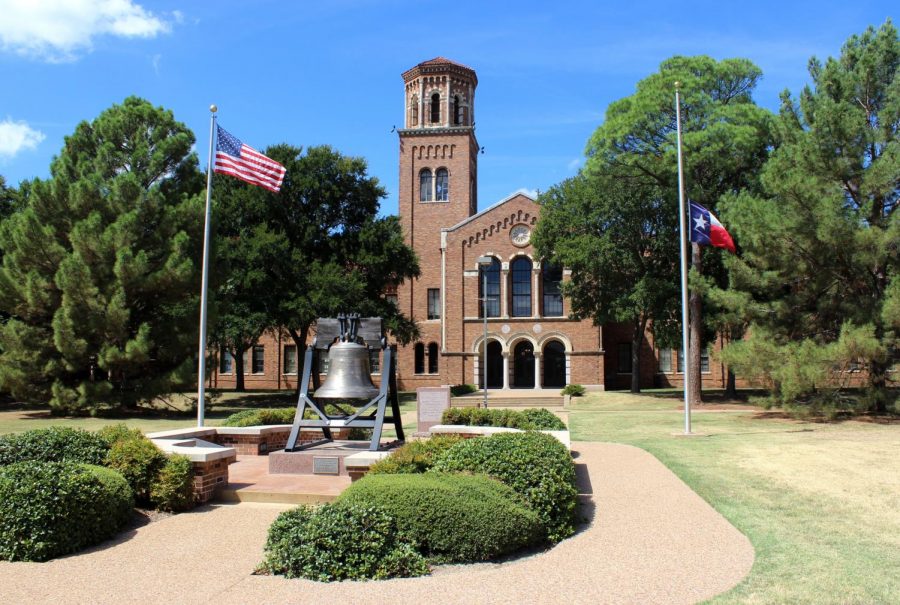5 ways COVID-19 has changed college admissions for ’21
Similar to many other aspects of today’s world, the college admissions process has been disturbed by the spread of the coronavirus around the country. From changing standardized testing requirements to modifying interview formats, here are five substantial alterations to the 2020-21 college application process due to COVID-19:
1) Schools are becoming “test-optional”
At the beginning of the summer, many colleges began to announce that they were “test-optional” for the 2020-2021 application cycle, meaning that this pool of applicants is no longer required to submit standardized testing scores, including the ACT and SAT. Given the closure of testing centers and the disruption of functional learning environments, universities say that these scores are no longer a viable method of comparing candidates.
Applicants can still choose to submit their standardized scores and are encouraged to do so if these scores are average or above-average for their target schools. However, in the event that the candidate did not have the ability to get tested or believes that their score is an inaccurate representation of their abilities, he or she will not be penalized for omitting it on their application.
2) The value of missed opportunities are unclear
Many students spend the summer before senior year padding their résumés. However, since many activities, including research, shadowing, camps and missions were canceled due to the pandemic, it’s not certain what effect these losses will have during the admissions process.
3) Change in AP tests and scoring
When the College Board restructured the AP exams to accommodate at-home testing in the spring, it was known that these results would be difficult to compare to previous years’ results. Specifically, if a student took the AP Chemistry test in 2020 and scored a 4, how would this student be ranked against a AP Chemistry score of 5 in 2019? Again, it’s unclear how much admissions teams will weigh AP scoring when making their decisions.
4) Waves of students took a gap year
Given that many universities are conducting a combination of virtual and in-person classes this semester, some college freshmen (Class of 2020) opted to delay their admission by one year, taking a gap year instead. To them, tuition wasn’t worth paying to sit behind a computer at home. Those who return to campus next fall will then be a part of the next class of incoming freshmen. Why does this matter? Well, because these students deferred their admission by one year, they automatically have taken spots in the Class of 2021’s admission pool.
5) 5 ways COVID-19 has changed college admissions for ’21Face-to-face interviews have transitioned to virtual platforms
Interviews by alumni or admissions officers are typically not a required portion of the application, but voluntarily completing these meetings can give a college additional information about a student that could increase the likelihood of granting them admission to the school. Because social distancing makes face-to-face interviews less than optimal, many universities are transitioning toward virtual interviews for the 2020-2021 application season, such as Rice University and Case Western Reserve University, among others.
The content of these interviews will remain unchanged; the only difference is the interviewer and the interviewee will communicate over a video-calling platform. Be sure and read this article about the importance of the alumni interview to help prepare for a virtual meeting.
Clearly, there are many uncertainties associated with the Class of 2021’s admission processes. The most important thing to remember is that these uncertainties affect every person within the applicant pool and that there are many other factors that go into making or breaking a college decision.

